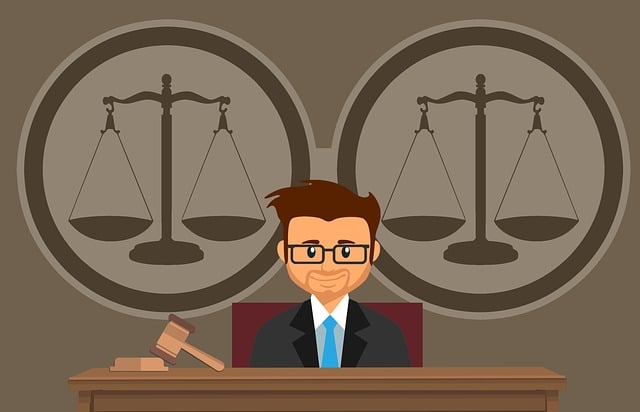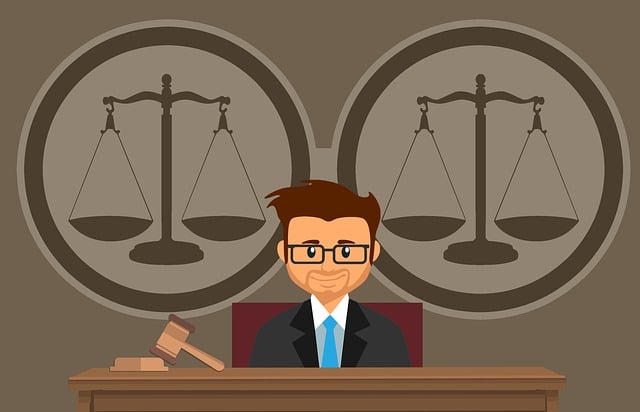Oregon's stringent DUI laws carry severe penalties, making it crucial for those charged to understand their rights and explore robust DUI defense strategies. Skilled attorneys navigate a complex system by challenging traffic stops, field sobriety tests, and breathalyzer/blood test results. They question officer procedures, equipment calibration, and potential errors, aiming for favorable outcomes like acquittal or reduced charges. Through strategic negotiations, these attorneys may secure plea bargains, and they also guide clients through appeals processes, offering hope for positive outcomes in the face of severe Oregon DUI penalties.
In Oregon, a DUI (Driving Under the Influence) charge can have severe consequences. This article explores comprehensive DUI defense techniques tailored to Oregon’s legal landscape. We delve into understanding state laws and penalties, gathering evidence to challenge traffic stops, and analyzing breathalyzer and blood tests. Additionally, we examine strategic legal arguments, effective case presentations, negotiation tactics, and navigating appeals. Armed with these DUI defense strategies, individuals can better protect their rights and potential outcomes in Oregon.
- Understanding Oregon's DUI Laws and Penalties
- Gathering Evidence to Challenge the Stop
- Breathalyzer and Blood Tests: Rights and Results
- Constructing a Defense: Legal Arguments and Strategies
- Case Presentations and Negotiation Tactics
- Navigating Appeals and Potential Outcomes
Understanding Oregon's DUI Laws and Penalties

In Oregon, driving under the influence (DUI) laws are designed to deter and penalize individuals who operate vehicles while impaired. The state has stringent regulations in place to ensure road safety. If convicted, individuals face severe penalties that can include substantial fines, license suspension or revocation, and even jail time. Understanding these laws is crucial for anyone charged with a DUI offense, as it forms the foundation for developing effective DUI defense strategies.
The penalties in Oregon are often severe, especially for repeat offenders. Knowledge of the specific charges, potential defenses, and the legal process is essential. Skilled DUI attorneys can help navigate this complex system by challenging the state’s evidence, questioning the validity of field sobriety tests, and exploring possible procedural errors. By employing these defense strategies, individuals accused of DUI can protect their rights and fight for the best possible outcome.
Gathering Evidence to Challenge the Stop

When building a robust DUI defense in Oregon, gathering evidence to challenge the stop is a critical initial step. This involves scrutinizing every aspect of the traffic stop, from whether the officer had probable cause to pull over the vehicle, to the procedures followed during the encounter. Legal professionals will examine if the driver’s actions and behaviors prior to the stop can be attributed solely to DUI or if they might have been due to other factors, like medical conditions or simple negligence.
Effective DUI defense strategies in Oregon include questioning the officer’s observations, such as whether field sobriety tests were conducted properly and whether breathalyzer readings were accurate. Legal experts may also challenge any evidence collected after the stop, such as blood test results, by examining if the rights of the accused were violated during the arrest or subsequent questioning. A thorough review of all procedures ensures that every possible legal argument is considered in defending against DUI charges.
Breathalyzer and Blood Tests: Rights and Results

In Oregon, as with many states, law enforcement officers regularly administer breathalyzer and blood tests to determine a driver’s blood alcohol content (BAC) during DUI (driving under the influence) investigations. Understanding your rights and the potential outcomes of these tests is crucial in developing effective DUI defense strategies.
When confronted with a breathalyzer test, drivers have the right to refuse, though refusal can lead to penalties such as license suspension. Oregon law allows for alternative testing methods, like blood or urine analysis, which can provide more accurate results. However, these tests carry their own complexities; blood draws, for instance, require proper procedures to ensure admissibility in court. A skilled DUI defense attorney can challenge the administration and handling of these tests, questioning potential sources of error or contamination that could undermine the results, thereby strengthening the defendant’s case.
Constructing a Defense: Legal Arguments and Strategies

When constructing a DUI defense in Oregon, legal professionals employ a multifaceted approach, focusing on both procedural and evidentiary aspects. One key strategy involves challenging the validity of the initial stop, arguing that police lacked reasonable suspicion or cause to pull over the defendant. This can be achieved through examining the officer’s actions, including their observation of potential indicia of impairment, and whether these met the legal standards outlined in Oregon’s DUI laws.
Additionally, DUI defense attorneys may scrutinize the administration of field sobriety tests, questioning their reliability and validity. They might also challenge breathalyzer or blood test results by examining equipment calibration, proper procedure adherence, and potential contamination or handling errors. These strategic maneuvers aim to create reasonable doubt in the jury’s mind, ultimately seeking an acquittal or a reduced charge for the accused.
Case Presentations and Negotiation Tactics

In the context of DUI (driving under the influence) cases, effective case presentations and negotiation tactics are key components of a robust DUI defense strategy in Oregon. Defense attorneys play a crucial role in shaping the narrative for the judge or jury by meticulously crafting arguments that challenge the state’s evidence. This involves scrutinizing every aspect of the stop, arrest, and testing procedures to identify potential legal loopholes or procedural errors.
Negotiation tactics, on the other hand, are employed both before and during trial. Defense attorneys may attempt to reach a plea bargain with prosecutors, offering alternatives to a full trial that could result in reduced charges or lighter sentences. These negotiations often hinge on evaluating the strength of the prosecution’s case and strategically leveraging weaknesses or inconsistencies in their evidence to secure the best possible outcome for the client.
Navigating Appeals and Potential Outcomes

Navigating Appeals and Potential Outcomes:
In Oregon, individuals convicted of DUI (Driving Under the Influence) often face significant penalties, including license suspension, fines, and even jail time. However, a well-crafted appeal can offer a potential pathway to reversal or reduction of these charges. Skilled attorneys specializing in DUI defense strategies employ various tactics during appeals, scrutinizing every step of the initial process for procedural errors or inconsistencies. This may involve challenging the admissibility of evidence, questioning the integrity of field sobriety tests, and examining whether Miranda rights were properly administered.
The potential outcomes of an appeal can range from a complete dismissal of charges to reduced sentences. A successful appeal could mean a new trial, where different evidence and testimony are presented, leading to an acquittal or lesser offense. Alternatively, if the court upholds the original conviction, it may reconsider the sentence, offering a more lenient outcome. Understanding these possibilities is crucial for individuals aiming to navigate the complex legal landscape of DUI cases in Oregon.






